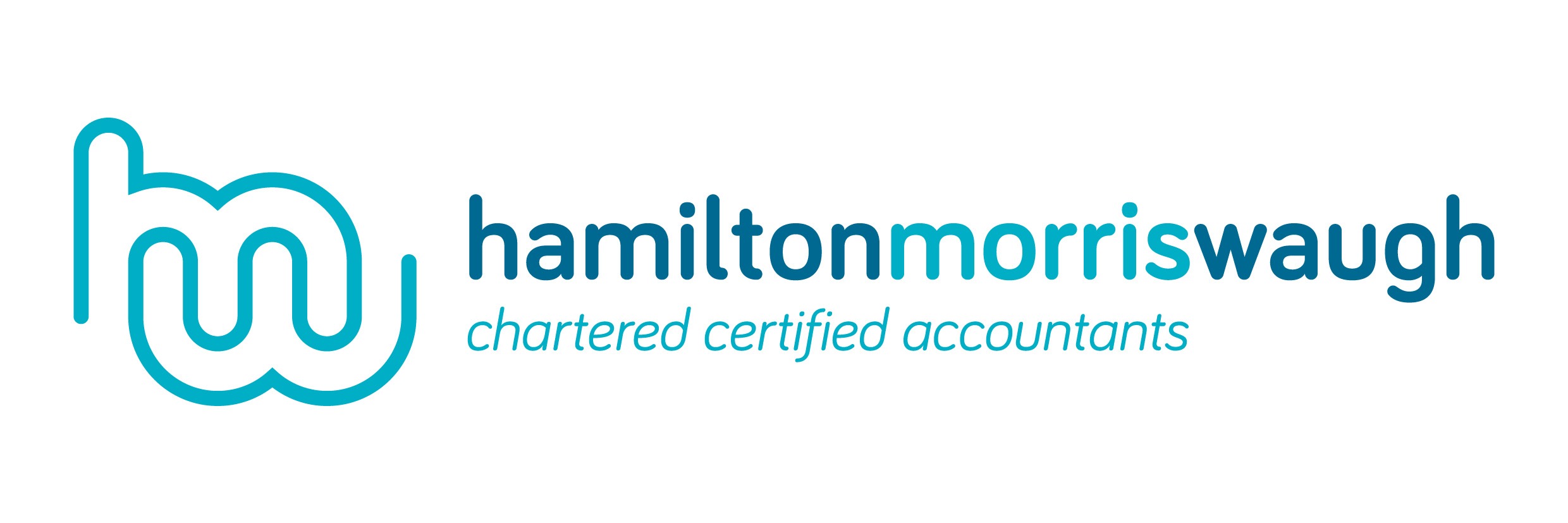Deciding to purchase a vehicle through your limited company isn’t just about convenience or image – it’s about weighing the financial and tax implications. For directors of small, family-run businesses, this choice can notably impact cashflow and overall tax efficiency.
So, is it the right move for you? Let’s break it down.
The pros of a company car
Purchasing a car through your company can offer a few advantages, particularly if the vehicle is used predominantly for business purposes. Here are some of the potential benefits:
- Tax-deductible expenses
When your company owns the car, certain costs become tax-deductible. These include insurance, maintenance, fuel for business journeys, and even the initial purchase price (through capital allowances). You could benefit from enhanced tax reliefs if the car is environmentally friendly, such as an electric or hybrid vehicle. - Simplified accounting
Keeping the vehicle within the business makes it easier to separate personal and business use, reducing the complexity of mileage tracking. This can save time and improve record accuracy. - VAT reclaim opportunities
If your business is VAT-registered, you can reclaim the VAT on the purchase price and on running costs. However, this only applies if the vehicle is used solely for business purposes – any personal use will reduce the VAT claimable.
The cons of a company car
While there are clear perks, there are also significant tax implications to consider:
- Benefit-in-kind (BIK) tax
Company cars used for personal journeys (including commuting) are considered a taxable benefit. The BIK tax is calculated based on the car’s list price and CO2 emissions. High-emission vehicles can result in hefty tax bills, potentially offsetting initial savings. - Limited capital allowances for high-emission vehicles
Cars with higher CO2 emissions don’t qualify for the annual investment allowance (AIA). Instead, they fall under the special rate pool, meaning tax relief is spread out at a lower rate over several years. - Restrictions on VAT reclaim
If the car is used for personal purposes, your company can only reclaim a portion of the VAT or none at all in some cases.
Electric and low-emission cars: A tax-efficient option?
Electric and hybrid vehicles are becoming increasingly attractive options for directors. The government has introduced several incentives to encourage their use, including favourable BIK rates. For the 2024/25 tax year, the BIK rate for pure electric vehicles is just 3% – significantly lower than for petrol or diesel cars.
Additionally, electric vehicles qualify for 100% first-year allowances, meaning your company can deduct the full cost from its taxable profits in the year of purchase. There’s also the potential to benefit from reduced running costs, such as lower fuel and maintenance expenses.
Leasing vs. purchasing outright
Another consideration is whether to lease the vehicle or purchase it outright. Leasing often results in lower upfront costs and can be easier to budget with fixed monthly payments. However, leased cars don’t typically qualify for capital allowances, and the lease payments may not be fully tax-deductible.
Buying the car outright allows your company to claim capital allowances, particularly if the car is low-emission. However, it requires a larger initial investment, which might not be feasible for smaller businesses.
What about mileage allowances?
If you choose not to purchase a car through your company, you can still claim mileage allowances for business journeys made in your personal vehicle. For the 2024/25 tax year, the approved mileage allowance rate (AMAP) is 45p per mile for the first 10,000 miles and 25p per mile thereafter. This approach avoids the complications of BIK tax and allows you to keep the vehicle personally owned.
Key considerations before deciding
Before making a decision, it’s important to assess your unique circumstances. Some key questions to ask include:
- How much personal use will the car have? If personal use is significant, the BIK tax may outweigh the benefits.
- What is the car’s CO2 emission rating? Low-emission vehicles are far more tax-efficient than traditional petrol or diesel cars.
- Does the company have the cashflow to buy outright? If upfront funds are limited, leasing might be a more practical option.
- Is your business VAT-registered? This can affect the ability to reclaim VAT on purchase and running costs.
Stay informed
Tax rules for company cars are subject to regular changes, particularly with the government’s push towards greener transport. Staying current on allowances, rates, and incentives is essential to making the most informed choice. Always consult a trusted professional before making decisions to ensure the numbers work in your favour.
At Hamilton Morris Waugh, we specialise in helping family-run businesses make decisions that benefit their finances and long-term growth.
If you’d like to explore whether purchasing a company car is the right move for your business, get in touch with us today – we’re here to help.


